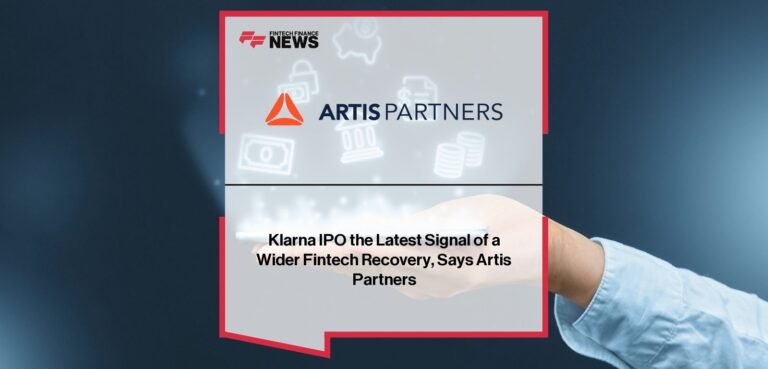Klarna Announces IPO Registration on the New York Stock Exchange
Klarna has officially registered for an Initial Public Offering (IPO) on the New York Stock Exchange, looking to raise over $1 billion. This announcement marks a significant development in the Fintech sector, which has seen numerous noteworthy events this year, including the acquisition of the AI-native fraud prevention platform Ravelin by Worldpay and the recent funding round of £37 million for digital portfolio provider Curve.
Challenges Facing the Fintech Industry
The last 12 months have been challenging for the Fintech industry. The British Investment Fintech sector experienced a notable downturn, raising only $9.9 billion in 2024, a 27% decline compared to the previous year. This drop signifies the hurdles that many companies have faced in an increasingly competitive landscape.
Optimism Amidst Decline
Despite the decline in investment levels, there are signs of recovery. Victor Basta, managing partner at Artis Partners, notes that Fintech valuations have rebounded significantly in recent months. He suggests that many companies within this sector have matured to a point of becoming strategically attractive to investors.
Recovery Signals in the Fintech Market
According to Basta, “We are already seeing signs that the Fintech market is recovering from a prolonged downturn, driven in part by advancements in AI integration across the sector.” The evolving technological landscape is helping to breathe new life into various Fintech operations.
Klarna’s Strategic IPO Timing
Klarna’s decision to go public is seen as a strategic move, aligning with the opportunity to raise substantial capital. The company is currently valued based on revenue and growth metrics rather than profits, allowing it room to expand its services beyond the popular Buy Now, Pay Later (BNPL) model.
The AI Advantage in Fintech
One of the key factors contributing to Klarna’s appeal is the deep integration of artificial intelligence within its operational processes. This robust AI capability supports sustained growth, ensuring that the company remains competitive in the fast-evolving Fintech landscape. Such attributes make Klarna an attractive investment prospect in the eyes of potential stakeholders.
The Bigger Picture: Mergers and Acquisitions in Fintech
The acquisition of Ravelin by Worldpay further highlights the increasing recognition of AI capabilities in the Fintech sector. There’s a growing trend among major financial players aiming to enhance their AI capabilities. This emphasis on AI could trigger a wave of mergers and acquisitions throughout the year, reshaping the industry’s landscape.
Conclusion: The Future of Fintech
Basta concludes that the renewed interest in valuations post-pandemic is pivotal to the resurgence of the Fintech sector. Companies that are in the growth stage and capable of offering integrated AI solutions are positioned to attract significant attention, fostering a new wave of strategic mergers and acquisitions within the industry.

